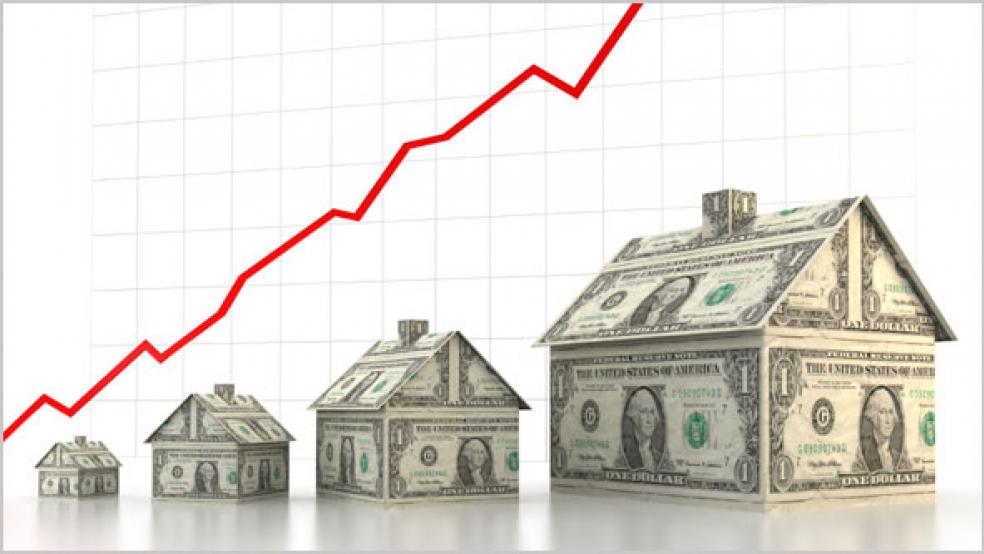If you have a blemished credit score, tough luck on getting a mortgage to buy a home. The recent rise in home purchases using a mortgage is largely dominated by Americans with high credit scores, according to a new study. That means there’s a large segment of people who are not joining or bolstering the housing market.
The volume of mortgages excluding refinancings is up 11 percent year over year in the third quarter, according to Black Knight Financial Services, but only one in five of those loans was taken out by a borrower with a credit score below 700. That’s the lowest level in more than a decade. The rest went to borrowers with scores in the 700s and 800s.
“The average credit score of my borrowers is 720,” says Scott Sheldon, a loan officer with Sonoma County Mortgages in California, noting that these high-credit borrowers also have lower debt relative to their income and 15 percent to 20 percent in cash for a down payment. “They have a lot more oomph. My borrowers’ credit profiles have been getting a lot stronger in the last eight months.”
Related: U.S. Housing Gets Hit with a Double Whammy
But the credit-skewed mortgage landscape means there are many people not buying homes, says John Stearns, senior mortgage banker at American Fidelity Mortgage in Milwaukee, Wisc. “The housing market depends on a lot of people participating,” he says.
The average FICO credit score in the U.S. is 695, with 54.7 percent earning a 700 score or above. But another 23.3 percent of Americans have at least a 600 to 699 credit score, which is high enough to qualify for some kind of home loan.
Part of the problem is strict lending requirements from banks. A Federal Reserve report found that banks were easing standards mostly for jumbo mortgages in the second quarter. They were not more lenient for government-backed home loans, and many of the banks in the survey did not lend at all to those with bad credit.
But borrowers with spotty credit aren’t shut out completely, says Sheldon. A borrower with a 600 credit score can qualify for a mortgage backed by the Federal Housing Administration with only a 3.5 percent down payment. But they have to deal with an onerous qualifying process. “You’re going to be put through the ringer. The lender will question everything in that borrower package,” he says. “Some lenders will even require an affordability plan, or a budget that shows how they will manage the mortgage payment and the rest of their expenses.”
Related: House Flippers Are Back – Here’s How Much They’re Making
Borrowers with a slightly higher score of 620 can qualify for both an FHA loan and a conventional mortgage and can skip the cumbersome underwriting scrutiny, Sheldon says.
“That 20 points makes a huge difference,” he says.
That Black Knight study also found that refinancings among borrowers with better credit have slowed. The average credit score for these transactions has fallen because the high-credit borrowers have pulled out of the market, the study concluded.





